Jurisprudence Under Islamic Law
Islam, as a faith is a complete code of life. It tells its followers how to lead a happy and prosperous life, here and hereafter. Almighty Allah's last and final Prophet, Muhammad (Pbuh) preached a good for all times religion in this world over 1400 years back in the Arabian Desert. When the Prophet (Pbuh) opened his eyes in this world, the land of Arabia was completely engulfed in inhuman and utterly barbarous practices. There was no room for mercy and compassion in stony hearted people of Arabia. Seeing this utterly ignoble and pathetic condition, Allah, the Mighty and Powerful, decided to change the age long tradition, prevailing among the pagans. These people were not known to education, rights of human beings, neighbours, parents and even the divine creator. Hence, Allah, the almighty, sent the most beloved of his prophets and messengers (peace be upon them) and named him Muhammad. Which means, the praised and applauded one.
The prophet was but a bundle of qualities and innocence. Man can live a happy and prosperous life by implementing these laws in his life. These laws deal not only with worship, but also with all walks of life. Be it polity, economy, education, rights of fellow human beings, rights of parents, trading and business, marriage, society, life in isolation and every nook of life-all find very clear and tacit mention in Holy Quran. After Holy Quran, Prophet's sayings, known, as traditions are the significant source of Islamic Law. Apart from all these, the most important feature of Islamic law is that they are not bound with some particular period of time or place. Rather, they are of all the times to come and for every inch of land under the sun. These laws hold good in every age. Another significant characteristic of the Islamic Laws is that they are hundred percent in accordance with human nature. That's why in no way they come in the way of man's progress.
Get it now and save 10%
BECOME A MEMBER

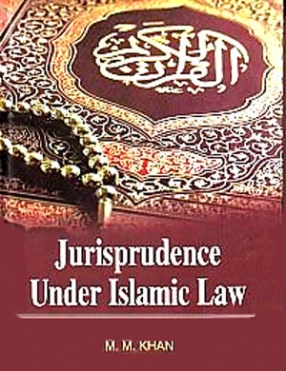


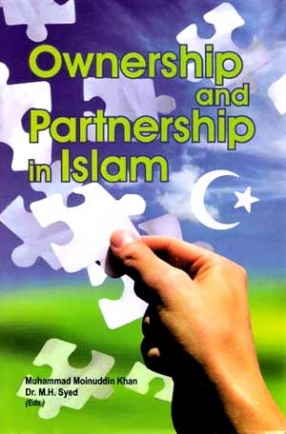

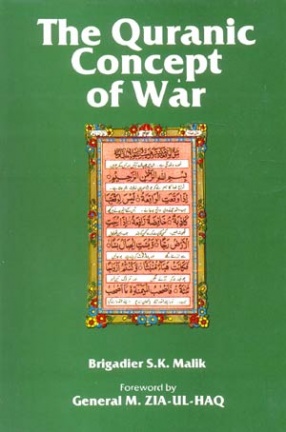
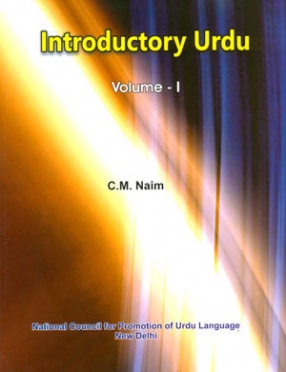

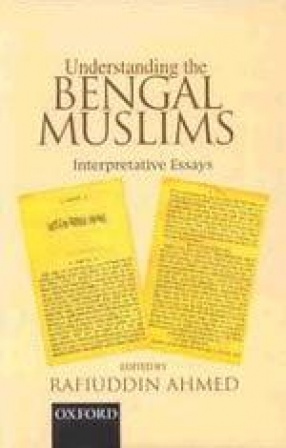

Bibliographic information